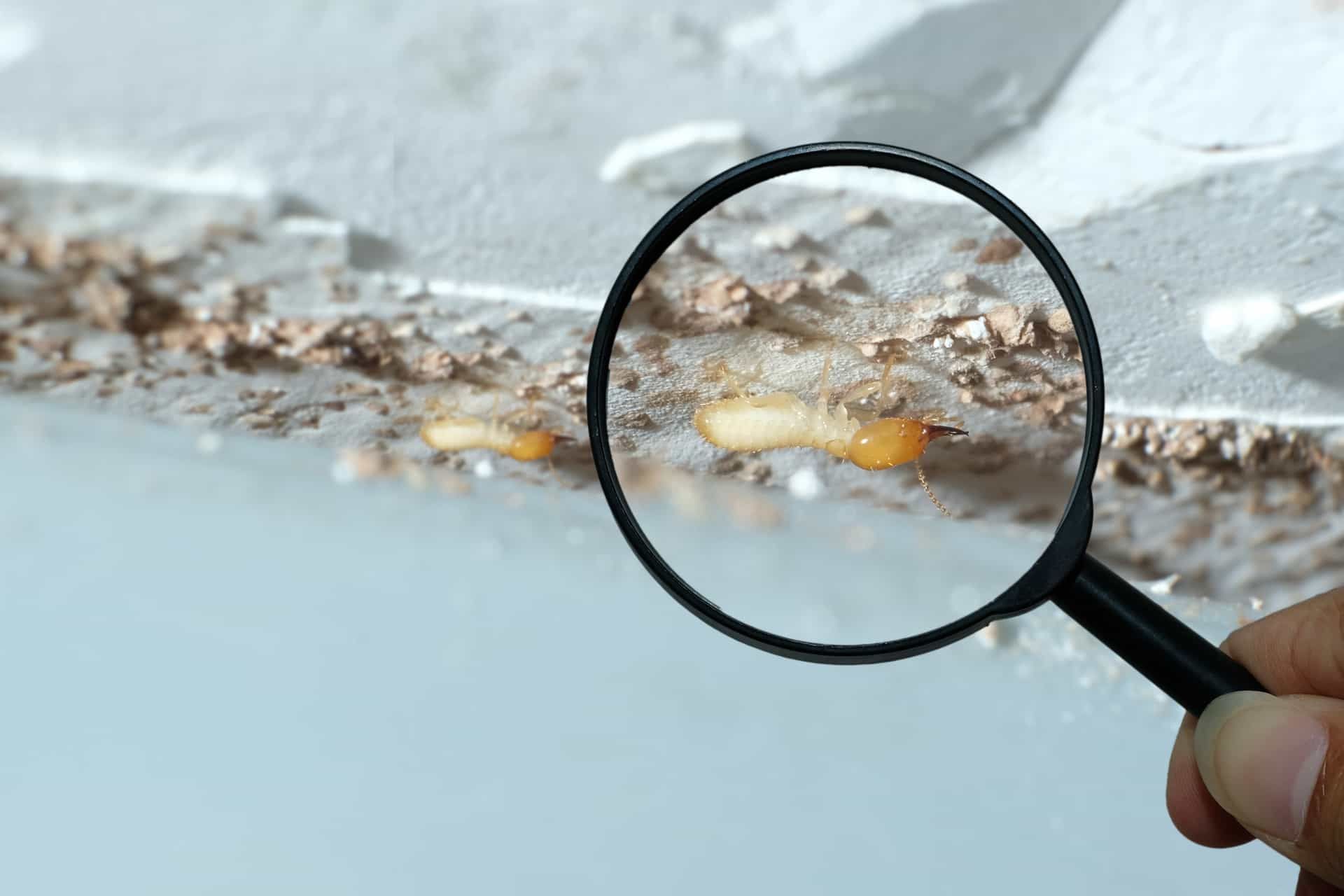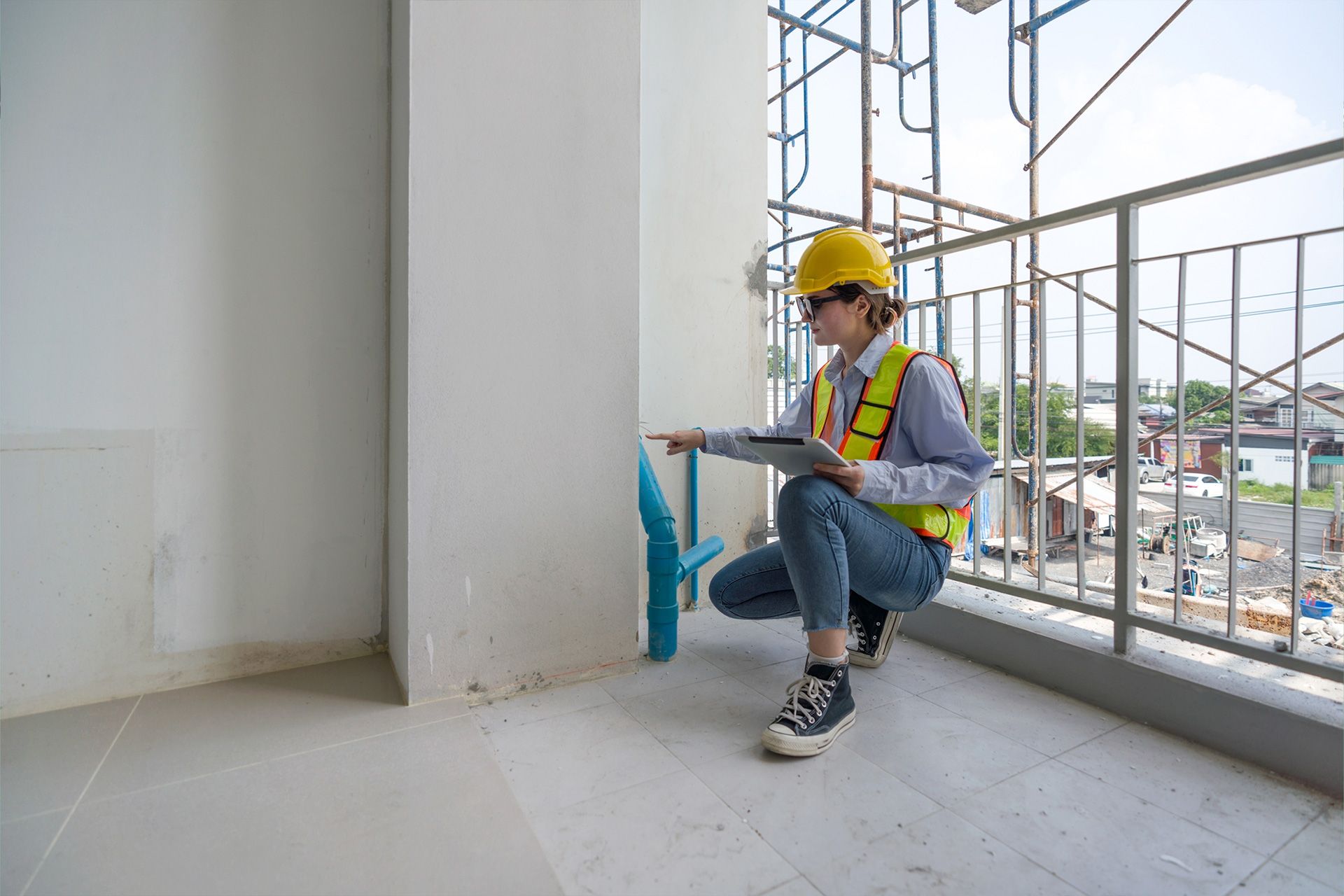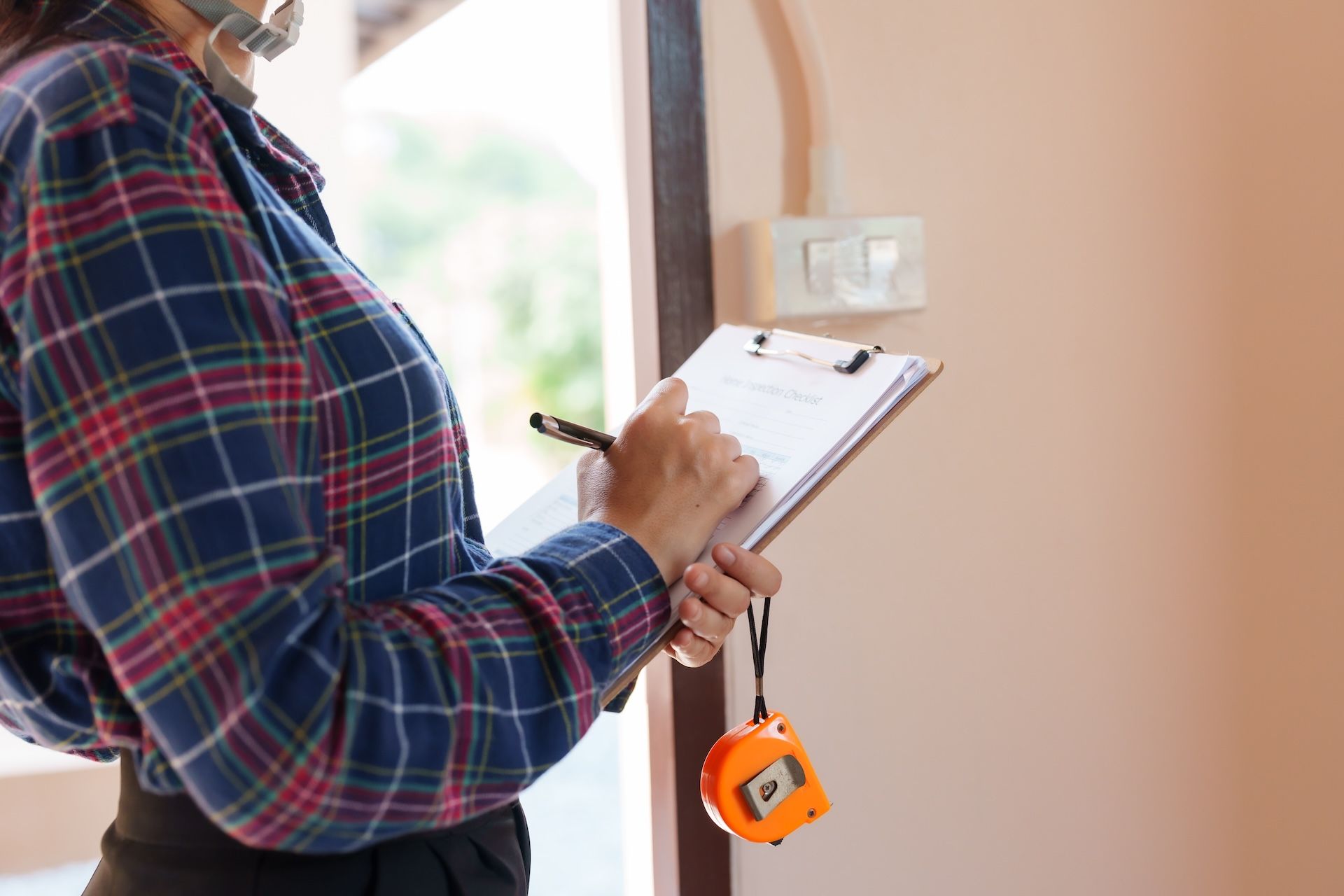Balcony Inspection Checklist - Everything You Need To Know
Although they’re a nice feature on a Florida property, a lot of balconies and decks were built long before balcony code requirements were implemented. More shockingly, some decks haven’t been updated in years.
Needless to say, this can be a huge hazard with an impact on residents, as well as building owners and managers. Fortunately, some laws require owners and managers to regularly evaluate all sorts of exterior elevated elements such as decks and balconies.
If you’re a brand new apartment owner or this is your first time managing a building, you’ve come to the right place. Here at
Guardian Angel Inspections, we have extensive experience in real estate construction, and we’ll provide you with an example of a detailed
balcony inspection checklist. That way, you’ll know what to expect when an inspector visits your property to assess if your decking or balcony is up to Florida code.
What’s The Purpose Of A Balcony Inspection Checklist?
A balcony inspection checklist is nothing more than a document outlining the conditions of a balcony and helps determine if it’s safe to use. The biggest challenge when it comes to inspecting exterior elevated elements is the fact they come in so many different forms.
As such, it’s important to keep to a set of safety standards designed to protect tenants from injuries, and owners and managers from liability. A balcony inspection checklist provides just that - a way for owners and managers to pinpoint any signs of wear and tear and address them before scheduling a professional inspection.
Additionally, a checklist helps you avoid the chance of overlooking something important by providing you with a standardized list of key inspection points and a way to put together an effective record of observations.
What Do Inspectors Look For?
Before diving deeper into the balcony inspection checklist, it’s important to go over defects that professional inspectors look for when examining the condition of the balcony. Some of the key observations include:
1. Loose railing connections
Improperly fixed railings could pose a significant risk, which is why inspectors need to check if any railing connections are loose or wobbly.
2. Corroded fasteners
Florida is famous for its excessive humidity level. This is a huge problem in high-rise buildings (and even more so in coastal areas) where excessive salinity of the air can lead to corroded metal connectors and fasteners.
Furthermore, with wooden decks or those that include wood-framed elements, rusted fasteners can lead to excessive deterioration of the surrounding wood.
3. Dry rot
Dry rot or any other type of decay can be devastating for a balcony, which is why inspectors take extra care to make sure it’s stable and safe to “inhabit”.
4. Condition of the flashing
Flashing is a barrier that stops moisture from penetrating the wood or other material the deck/balcony is made of. Since this is one of the main causes of dry rot, and consequently the structural failure of the elevated element, inspectors typically devote special attention to ascertaining if the flashing is up to code.
Some of the requirements for the flashing, according to Florida Building Code include:
- It must be installed over the top of the ledger and behind the siding.
- It must extend the length of the ledger board without coming in contact with screw holes or nails.
- It must prevent water and other debris from collecting.
- All the materials must be resistant to corrosion (aluminum, copper, vinyl, galvanized steel, etc).
- If the structure is older, previous codes may apply that allow for the use of caulking instead of modern flashing. In this case, the caulking must be weather-resistant.
5. Railing specifications
We already established the importance of railing connections, so it’s no surprise that most inspections take extra time with them. According to InterNACHI, failed railings cause more injuries than total deck collapse, which is why there are standards in place to prevent this, including:
Height must be at least 42 inches (106.7 cm)- Spacing between balusters must be enough to let a 4-inch sphere pass through (ensures children are unable to squeeze through railings)
- Opening between the stairs and railings must be able to prevent a 6-inch object from passing through
6. Decking cracks
Cracking or any other wear in the decking may be a sign of water intrusion or damage to the deck surface.
Example Of A Balcony Inspection Checklist
The following list can help you establish a starting point in checking the condition of your elevated elements. Keep in mind that this is just a quick overview of the main load-bearing components - to get the full picture, you’ll need an experienced inspector.
It all starts with the walking surface and it’s necessary to inspect:
- Condition and type of the deck or balcony
- State of any walkways
- Type and condition of all entries
Next stop is inspecting the following features on the balcony frame:
- Beams
- Ledger
- Joists
- Posts
- Fasteners
Stairs must also be closely inspected, more precisely:
- Threads
- Risers
- Stringers
- Railings
When it comes to railings, you’ll have to check:
- Overall condition and the state of the handrails
- Type of railings and their age
- Spacing
With that out of the way, the balcony inspection checklist is almost done and what’s left is checking the quality of waterproofing, drip edges, deck coating, and the intersection of the wall to the balcony (looking for any cracks or holes).
Can You Conduct An Inspection Yourself In Florida?
While this balcony inspection checklist is thorough and you can use it to conduct an informal inspection, you’ll have to hire a professional every three years.
The Department of Business and Professional Regulation Florida states that the only accepted inspection is one conducted by someone competent - a structural engineer, architect, or a state-licensed inspector.
That isn’t to say you can’t benefit from conducting your own regular inspections. In fact, by doing so, you can resolve any issues before a proper inspection. You’ll get good marks the first time around and eliminate the need of conducting a re-inspection.
Inspect Your Balcony Asap!
Appeasing the government may seem like a hassle, but the rules are put in place for a good reason - failure of just one aspect covered in the balcony inspection checklist could spell disaster for everyone involved.
Luckily, an inspection is required only every three years, and if that date is approaching fast, feel free to
get in touch with Guardian Angel Inspections. All our inspectors are certified and they’ll provide you with a thorough inspection, fast report, and a reasonable price.
Schedule an inspection now by calling
(561) 512-7854 and make certain the balcony in your building is as safe as can be.
Disclaimer: The information on this website and blog is for general informational purposes only and is not professional advice. We make no guarantees of accuracy or completeness. We disclaim all liability for errors, omissions, or reliance on this content. Always consult a qualified professional for specific guidance.
Share this entry







